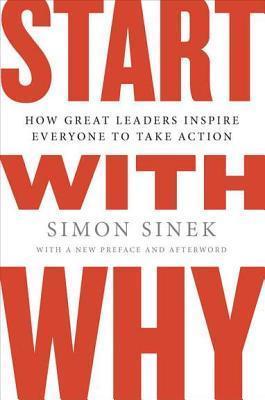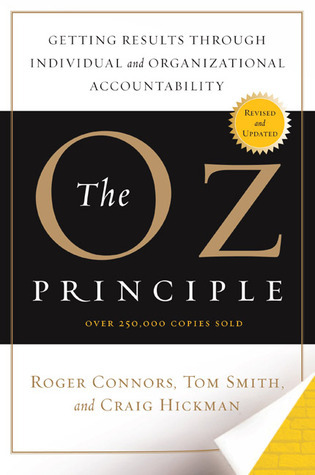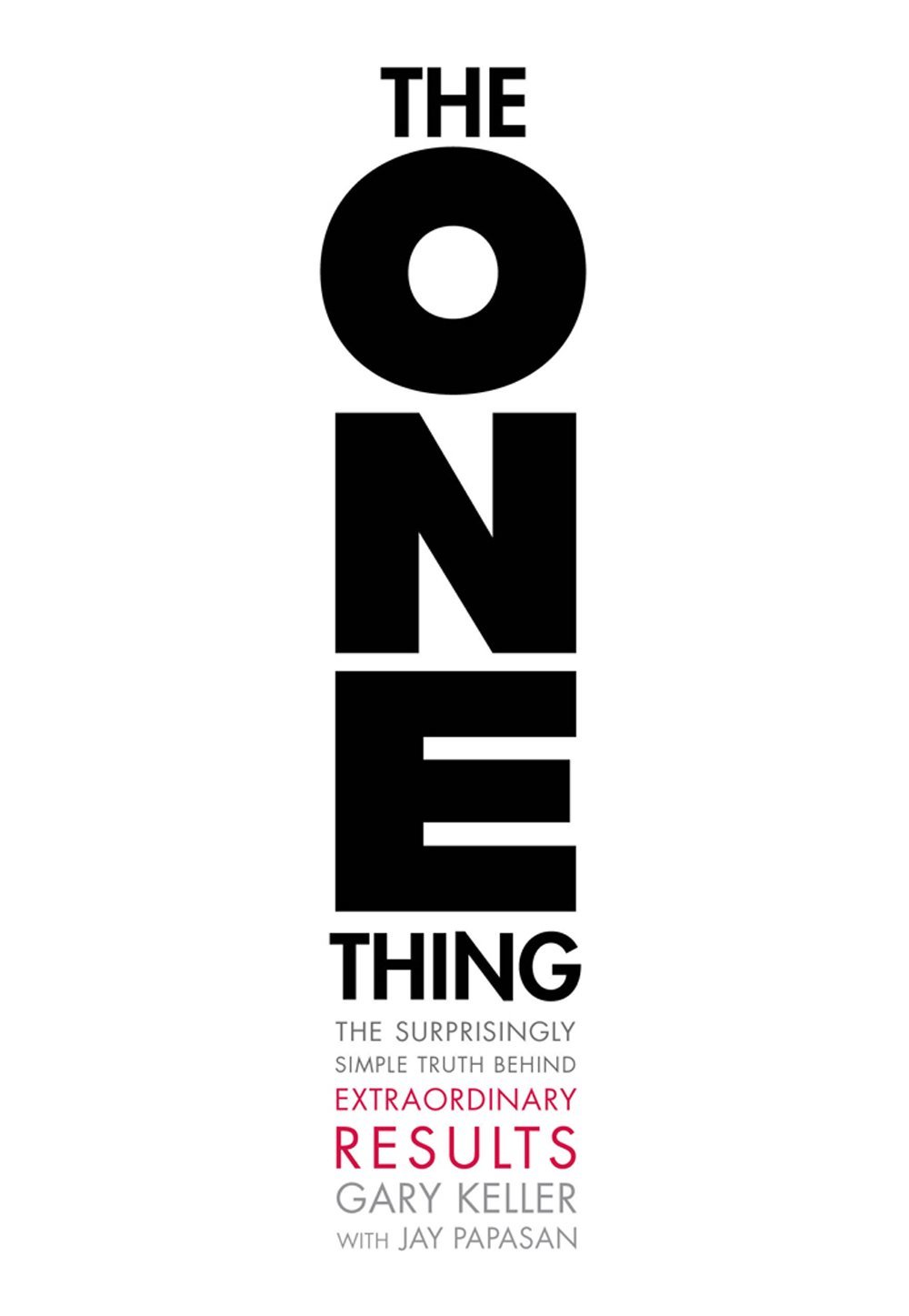
Measure What Matters
Book Description
What if the secret to unlocking unprecedented success lies in understanding what truly matters? In "Measure What Matters," John Doerr unveils the transformative power of Objectives and Key Results (OKRs), guiding teams and organizations to cut through the noise and focus on what drives results. With gripping case studies from industry giants and nimble startups alike, the book reveals how clarity and alignment can fuel innovation and create purpose-driven cultures. Each page ignites a spark of inspiration, challenging the conventional wisdom of productivity. Are you ready to revolutionize the way you achieve your goals?
Quick Book Summary
"Measure What Matters" by John Doerr introduces Objectives and Key Results (OKRs), a simple yet powerful goal-setting framework that transforms the way organizations and teams deliver results. John Doerr, drawing from decades of experience as a venture capitalist, shares how OKRs help companies focus on what is important, align efforts across teams, and foster transparent accountability. The book tells inspiring stories from Google, Bono's ONE campaign, and startup ventures to illustrate how OKRs spark innovation, create high-performance cultures, and guide effective execution. Doerr emphasizes that success is unlocked not by working harder, but by setting and measuring the right goals. The book is a practical guide for leaders and individual contributors alike to define, track, and achieve their most ambitious targets.
Summary of Key Ideas
Table of Contents
The Power and Simplicity of OKRs
At the heart of "Measure What Matters" is the OKR framework, which consists of setting clear Objectives—ambitious, qualitative goals—and pairing them with measurable Key Results. Doerr explains that OKRs excel because of their simplicity and adaptability. They provide a concrete structure to articulate what matters most, forcing organizations to prioritize and focus resources on the truly critical activities that drive progress. This simplicity makes OKRs accessible not only to large tech companies but to any team or organization seeking breakthrough performance.
Alignment and Transparency
Doerr stresses the critical role of alignment and transparency in driving organizational success. With OKRs, everyone’s goals are visible, enabling teams and individuals to connect their daily work with the broader mission. This cascading structure prevents silos and duplicate efforts, fostering collaboration across departments. The book illustrates how Google, after adopting OKRs, aligned thousands of employees on a shared vision, leading to innovative products and rapid growth. OKRs turn abstract missions into concrete, coordinated actions.
Driving Focus and Accountability
A core advantage of OKRs is their ability to instill discipline by coupling ambition with ruthless accountability. By publicly committing to specific key results, teams are encouraged both to aim higher and to own their outcomes. Regular check-ins and reviews ensure progress stays on track, while the flexibility to revise OKRs prevents stagnation. Doerr underscores that failure to fully complete OKRs is often a sign of audacious goal-setting—not underperformance—fostering a culture where calculated risk-taking is safe.
Fostering Continuous Innovation
The adaptability of OKRs makes them a catalyst for innovation. The book features cases where startups pivoted effectively thanks to clear, measurable goals, and how established giants like Intel and Google used OKRs to maintain their entrepreneurial edges. OKRs help break large aspirations into manageable milestones, rewarding continuous learning and experimentation. This iterative approach turns bold visions into practical, achievable steps while ensuring teams remain agile in the face of change.
Building Purpose-Driven Cultures
Finally, Doerr demonstrates how OKRs build purpose-driven cultures where every member understands how their contribution matters. By connecting strategic priorities to individual actions, OKRs instill meaning and motivation, helping organizations attract and retain talent committed to the company’s larger mission. The stories throughout "Measure What Matters" show that the real secret to extraordinary achievement is not in the effort alone, but in consistently measuring and focusing on what matters most, inspiring engagement, accountability, and long-term success.
Download This Summary
Get a free PDF of this summary instantly — no email required.





